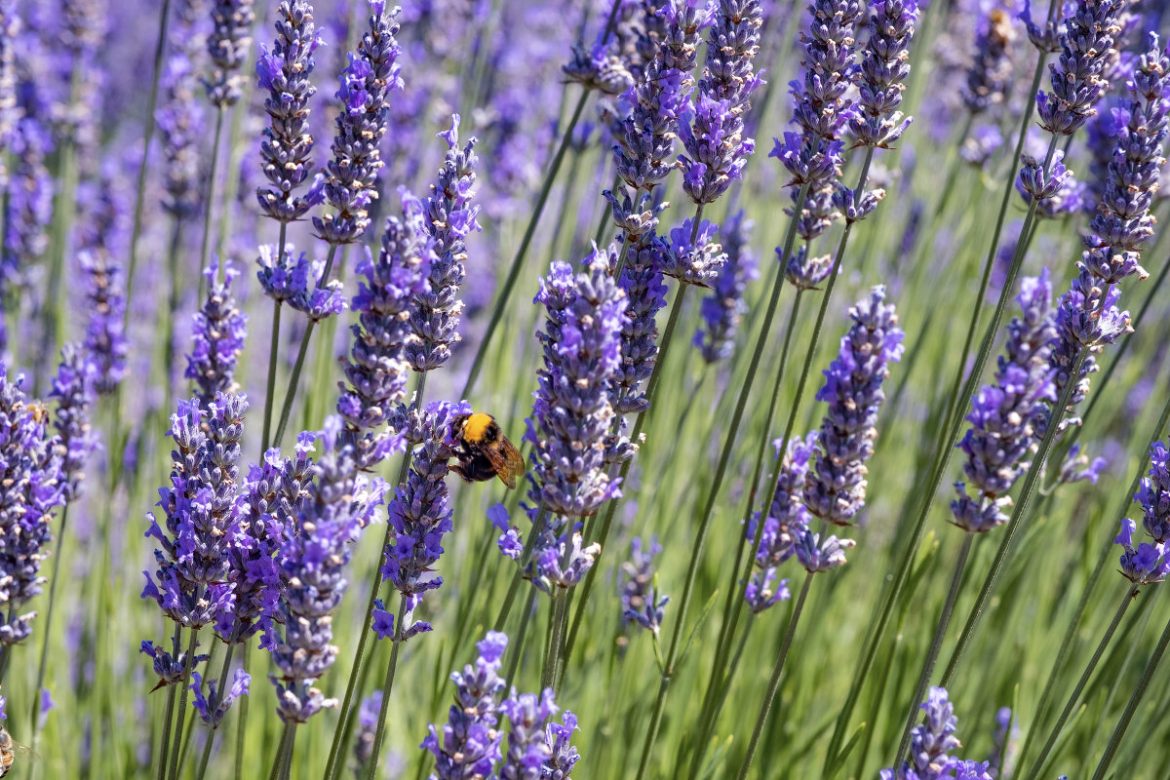When I first came into contact with aromatherapy, I felt that essential oils were the most powerful and effective, and that essential oils were the protagonists of aromatherapy, while vegetable base oils, soaking oils and pure dew were just inconspicuous accessories. As I have worked as an independent aromatherapist over the past few years, I have come to realize the hidden benefits of pure dew, especially since many essential oils are safe and contraindicated for certain groups of people, and most people who use pure dew instead of essential oils do not have the same concerns.
In fact, in my clinical aromatherapy practice, I often use pure dew and essential oils in complementary combinations, using the strengths of both and avoiding the weaknesses. The results are often much better than those achieved with essential oils alone.
In the last two years, Pure Dew has received more and more attention in the domestic aromatherapy and cosmetic industry. The natural, mild, safe and non-irritating nature of pure dew and its many therapeutic benefits have been surprising many users, and many cosmetic toners have also been making use of pure dew, but very few of these toners are actually pure dew.
However, very few of these toners are actually real. The most common way is to dilute the dew with water and then add preservatives and flavors to it. Another practice is to use essential oils and emulsifiers to mix with water to pass off as natural pure dew. There is also the distillation of pure dew from home workshops, which can be considered a kind of pure dew, but the quality is difficult to guarantee.
In order to choose a better quality of pure dew, the consumer needs not only to be able to identify the three types of pure dew mentioned above, but also to have a lot of knowledge about aromatherapy pure dew and a lot of practical experience in using aromatherapy pure dew over a long period of time. The reason for this is that there are some surprising differences in the quality of the same product, from batch to batch and from supplier to supplier.
Most of the ingredients in pure dew are water, but not just water. hydrosol is the English word for pure dew, and the word is a chemical term meaning aqueous solution. Susan Katie, vice president of the National Association of Holistic Aromatherapists, defines pure dew as the condensed water byproduct of a plant’s steam or water distillation process for aromatherapy purposes. My understanding is that pure dew is an aqueous solution of aromatic plants that has been distilled and condensed, and is rich in a variety of microscopic active molecules that have aromatic healing and aromatic properties. It contains water-soluble acid molecules, plant cell sap, trace water-soluble essential oil molecules, polysaccharides, proteins and other substances.

If a supplier tells you that pure dew can be blended with essential oil and water, you’ll be fine, and what he sells you won’t be real pure dew. Most of the active ingredients contained in the pure lotion are water-soluble and are not contained in the essential oil, which contains chemical molecules with strong lipophilicity and weak hydrophilicity.
The PH value of Hydrolats is acidic, ranging from 2.9-6.5, the stronger the acidity, the more antiseptic, so most of the PH value below 4.2 has strong antiseptic ability. Each pure water has its own PH value range, for example, the PH value of Damascus Rose pure water is between 4.1-4.4, if you buy Damascus Rose pure water PH value deviates from this range, either the pure water has passed the shelf life, or contaminated by bacteria, or the supplier added alcohol as a preservative.

Since I often use pure dew for oral purification, I try to choose the production date of 1 year or less, 1 year or less most of the pure dew is in the freshness period, at the same time the supplier should be trustworthy, will not add preservatives to the pure dew.
Next time I will share with you the efficacy and usage of Pure Dew.

